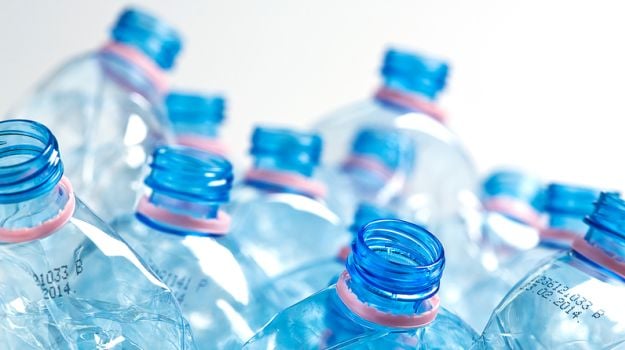Prenatal Exposure to Plastic Chemicals May Develop Depression in Boys
 Baby boys exposed to a common chemical used in plastics before delivery are more likely to develop symptoms of anxiety and depression at the age of 10-12, a new study has revealed.
Baby boys exposed to a common chemical used in plastics before delivery are more likely to develop symptoms of anxiety and depression at the age of 10-12, a new study has revealed.
BPA (Bisphenol A) is a component of some plastics found in food containers, plastic water bottles, dental sealants and thermal receipt paper. In the body, BPA is a synthetic estrogen, one of the class of chemicals known as “endocrine disruptors.”
The new study, published in the journal Environmental Research examined early life exposure to the chemical BPA.
A previous study reported that prenatal exposure to BPA was associated with emotionally reactive and aggressive behaviour and more symptoms of anxiety and depression in boys aged between seven to nine.
Frederica Perera, researcher at the Columbia University, and her co-investigators followed 241 non-smoking pregnant women and their children and to measure the amount of BPA that had been absorbed in the body, the researchers collected urine samples from the mothers during the third trimester of their pregnancy and from the children aged between three to five.
After separating the data by sex, they found that boys with the highest levels of prenatal exposure to BPA had more symptoms of depression and anxiety and no such associations were found in girls. “These findings are consistent with our prior reports on BPA and children’s development assessed at earlier ages and suggest greater susceptibility of the male brain during prenatal development,” Perera added.
